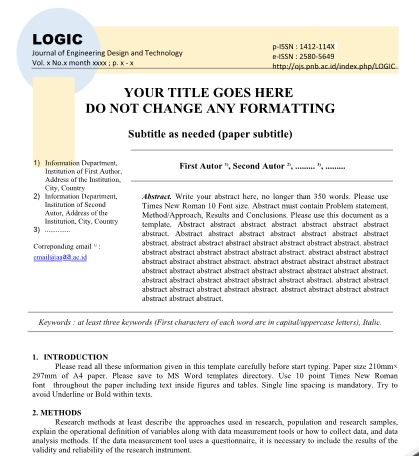Torque (Performance) Analysis, Exhaust Gas Emissions and Exhaust Flow Modeling Variation of Catalytic Converter Filter Number
Keywords:
catalytic converter, emission, torque, filtersAbstract
In a combustion engine, to generate torque, a combustion and compression process is required. Apart from obtaining mechanical energy, the combustion results also produce exhaust emissions, which can result in a polluted environment. This research aims to determine the influence of torque and exhaust gas emission modeling by using variations in the number of filters using simulation software. This research is descriptive and quantitative research with an experimental method. This research uses a Dyno test tool and a Gas Analyzer from this research to find out data from the exhaust that has been varied. The addition of a filter reduces the torque value by 1.7%. The presence of a filter on the catalytic converter has been proven to reduce levels of exhaust emissions that are harmful to the environment (CO, HC). Of the variations in the number of catalytic converters, filter number 2 is the best, producing 9.71 hp with CO emission levels of 1.7% and HC 553 PPM.








